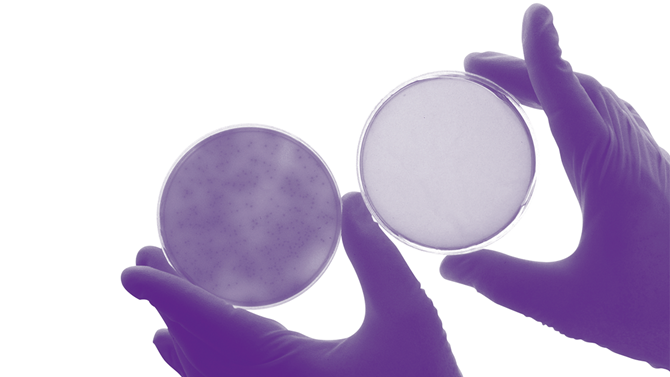Towards the Enhancement of Foodborne Disease Surveillance

- Project start date: 1 October 2003
- Project status: Completed
- Project type: Food safety
- Discipline: Microbiology and food hygiene
- Author/s: Dr Martin Wilkinson, University of Limerick
- Collaborator/s: Single supplier
Research objective
The primary objective of this project is to develop a comprehensive, integrated, and all-island surveillance strategy for microbiological food safety in Northern Ireland and the Republic of Ireland. This initiative aims to harmonise definitions, laboratory protocols, and reporting systems across both jurisdictions to enhance the detection, monitoring, and management of foodborne diseases. By fostering collaboration between relevant agencies and improving data collection and analysis, the project seeks to address gaps in current surveillance systems and ensure a robust response to food safety challenges, thereby protecting public health and supporting the food industry's reputation for safety.
Research report
- Title: Towards the Enhancement of Foodborne Disease Surveillance
- Date: 6 February 2002
- Summary: The research aimed to address food safety concerns by focusing on microbiological surveillance across Northern Ireland and the Republic of Ireland. A Functional Meeting Group on Disease Surveillance was established to evaluate and propose improvements to the existing systems. The study employed a consultation paper to gather insights and made recommendations for standardising definitions, laboratory practices, and reporting protocols to ensure the comparability and quality of data.
- Findings:
- Epidemiological surveillance: There is a lack of standardised definitions and differing laboratory protocols.
- Outbreak surveillance: Cross-border communication and reporting systems are inadequate.
- Food surveillance: Sampling and central data collation is limited.
- Surveillance of food animals: Data on pathogens, especially salmonella and E. coli is inconsistent.
- Integrated surveillance: Systems are compartmentalised with insufficient data integration.
- Recommendations:
- Harmonise definitions: Standardise definitions of food poisoning and notifiable diseases.
- Laboratory standardisation: Implement uniform laboratory practices and reporting guidelines.
- Legal notification: Make laboratory reporting of foodborne pathogens legally mandatory.
- Outbreak management: Develop cross-border outbreak management protocols and standardised reporting forms.
- Data integration: Create a computerised information network for real-time data sharing.
- Animal surveillance: Establish accessible databases and improve monitoring of foodborne pathogens in animals.
- Training and tesearch: Commission a training needs analysis and promote international collaboration for training and research.
The recommendations aim to build a unified and effective surveillance system, enhancing public health safety and supporting the food industry's reputation.




